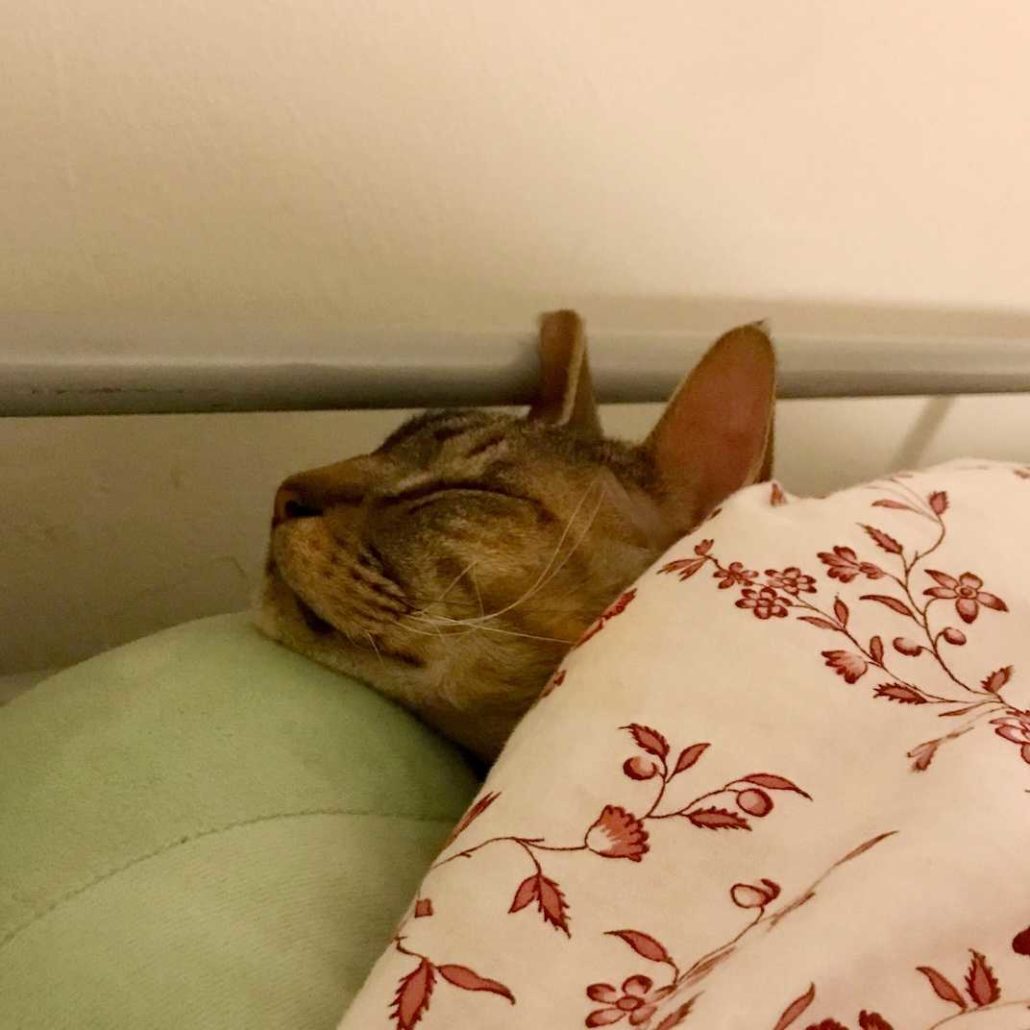Convenia For Cats Dental

SecondlyI dont understand why vets want to use Convenia for dental anyway.
Convenia for cats dental. So if your cat has a severe reaction to this there is no way to clear its body of it. January 17 2016. Convenia stays in the dogscats system for 65 days and so if your animal gets sick from it theres no turning back.
CONVENIA helps improve quality of life for pets and their owners. It okay for dogs but not cats. Convenia on the other hand covers dental pathogens well does not require oral medication in a painful mouth and is eliminated unchanged via the urine.
12 Just one injection administered by a veterinarian lasts up to 14 days 34. The study looked at shelter cats with an URTI and divided them into groups. She recommends clavamox says there is s liquid form.
A new study published in the Journal of the American Veterinary Medical Association looked at how effective Cefovecin Convenia was as an antibiotic when treating upper respiratory infections URTI in cats as compared to oral medicines like Amoxicillin-Clavulinic Acid Clavamox or Clavaseptin or Doxycycline. The long acting injectable antibiotic Convenia is deadly to dogs and cats. Clindamycin administered once daily at 11 mgkg bodyweight orally for 10 days following dental surgery was compared with a single subcutaneous injection of cefovecin 8 mgkg bodyweight administered at the time of dental surgery.
Dr Lisa Pierson recommends against Convenia injection for antibiotic. Convenia is an excellent choice for bacterial infections in dogs and cats. The half-life of CONVENIA is 69 days in cats and 55 days in dogs.
If your pet has had a confirmed or suspected reaction to Convenia it is crucial you report your experiences to the FDA and Zoetis. Enter Convenia cefovecin sodium the long-acting antibiotic from Pfizer Animal Health that lasts 10 to 14 days with a single injection. Convenia an injection used for a range of skin infections for both dogs and cats older than four months is commonly prescribed for abscesses wounds often caused by susceptible strains of Staphylococcus intermedius and Streptococcus canis in dogs or susceptible strains of Pasteurella multocida in cats all conditions which can cause excessive.



















